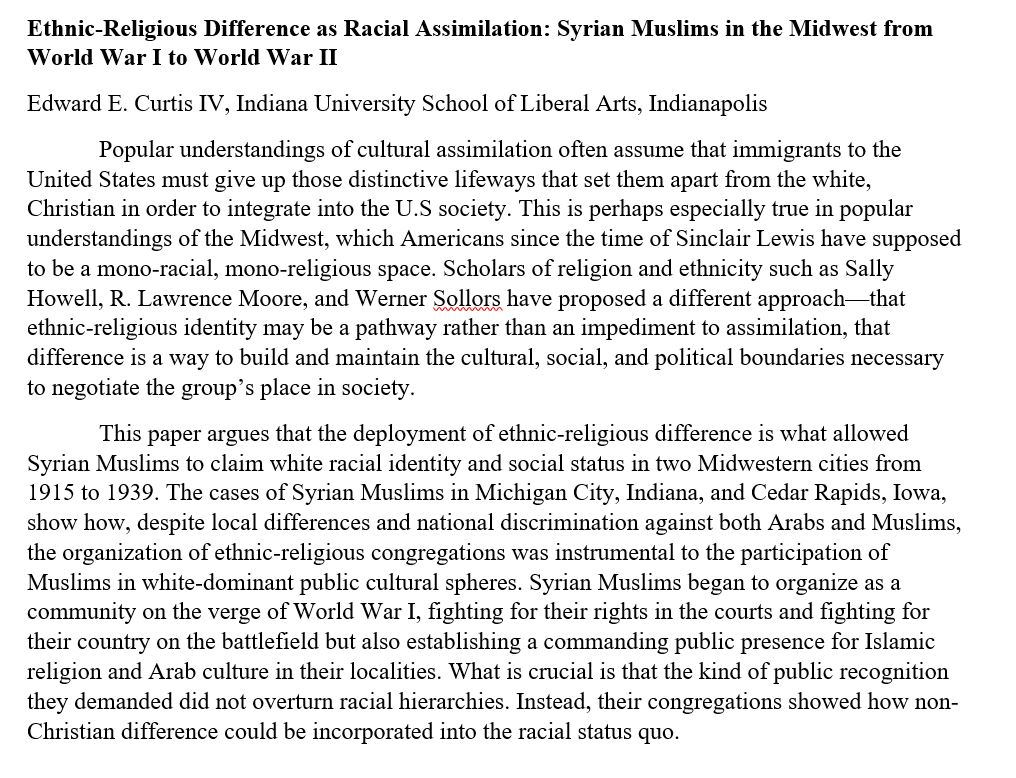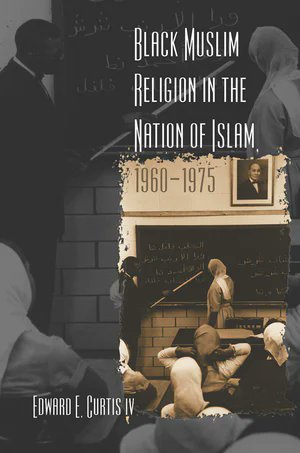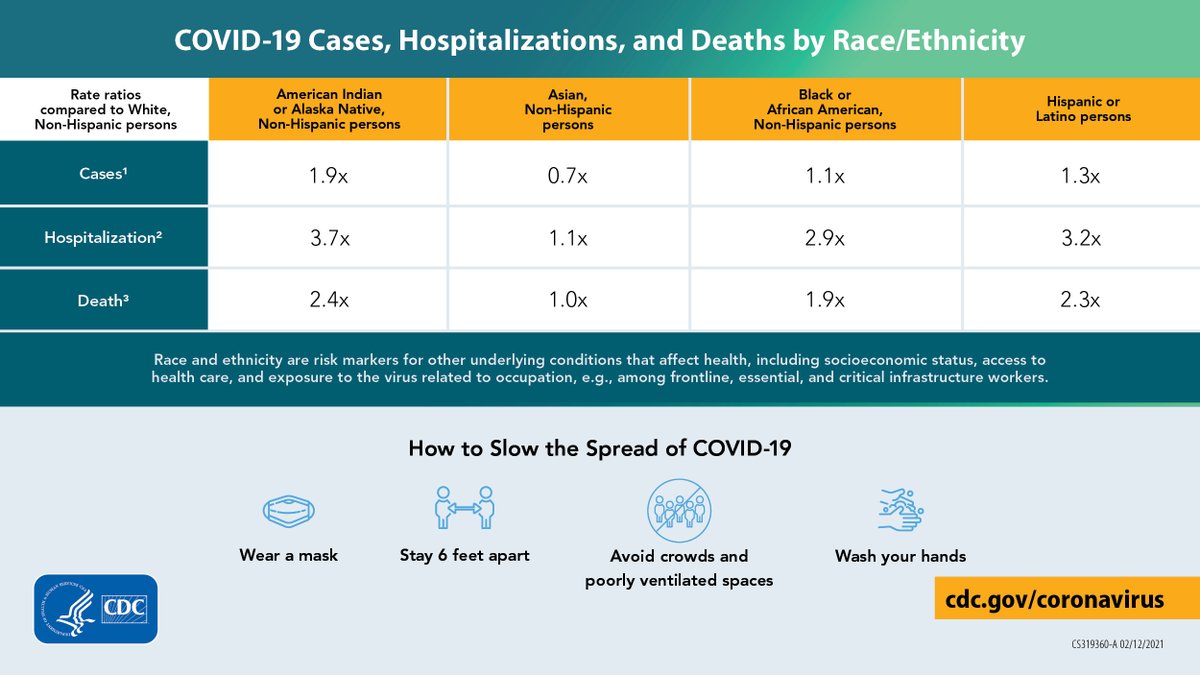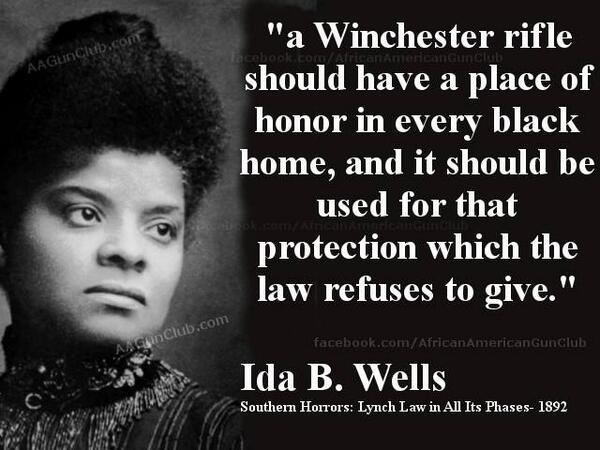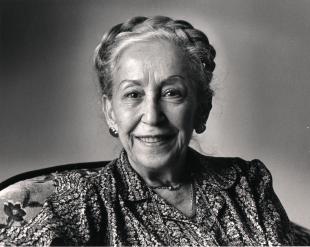
Today there is a general strike in Palestine for freedom. For my part, let me explain how I came to support peaceful boycotting, divestment and sanctions against Israeli institutions. For me, it’s a way to live out my deepest values of love and justice.... Thread
https://twitter.com/aj_iraqi/status/1394596279037140992
First, many do the Palestinian communities and leaders whom I admire the most asked me to observe the boycott. When they did, I was ready. I started formally studying Palestine in high school—my prep school had a whole class on what they called the conflict.
In 1992, I went to live for a semester with a family in Beit Safafa, a neighborhood of Jerusalem divided in the 1948 by Jordan and Israel. Most days I took Bus 14 in Talpiot to Kikar Zion where my study abroad office had an office. This is the downtown of modern West Jerusalem.
I traveled widely—Haifa, Kibbutz Kfar Hanasi, Safed, Beit El, Ofra, Nazareth, Ramallah, Tel Aviv, Gaza, Beit Shemesh, Dimona, Bethlehem. I talked with everybody I could. I got to interview David Hartman and Mitri Raheb. I saw Bibi debate Shimon Perez live. I knew the Knesset.
I visited again in the mid 1990s and then after the Oslo Accords in the late 90s, seeing the incredible growth of Ramallah and going on late night romp with Palestinian friends from Bethlehem to West Jerusalem—something impossible in 92.
So when I decided to boycott Israeli institutions, it was not as if I did so without any knowledge of what I was doing. I have colleagues at Israeli universities and I clearly have a stake in communities there. But it is precisely because I care about all the people that I do it.
My own sacrifice is nothing compared to that of Palestinians in Palestine and academics here who have given up much more than I have. Whatever price I pay—the shunning, being called an anti-Semite—is often healed in the pro-liberation Jewish, Xian, and Muslim circles I run in.
Here in Indianapolis and around the world, I get to to be in communion with people who demand an end to the military occupation, an end to discrimination, and the right of return for refugees. That’s what #BDS is. I hope you will join us.
• • •
Missing some Tweet in this thread? You can try to
force a refresh





